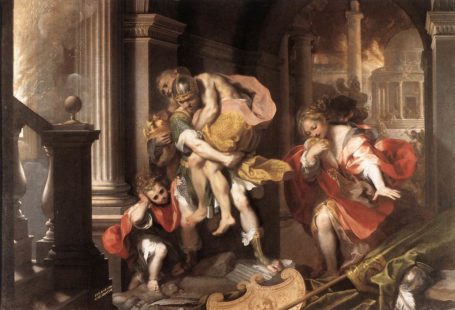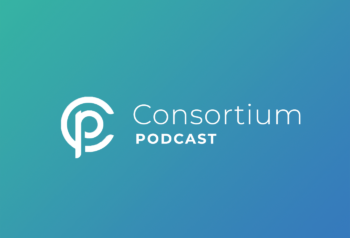Modern education, explains Verene, “is a quest for certainty in thought and application in practice.” This is why our modern centers for education deplore freedom of speech, the questioning of authority, and the belief that absolute truth can be pursued. Certainty and application are better achieved through social constructs, assertions of power, and job skills training (ideas successfully put to work).
Classical or humane education is about ideas and how those ideas relate to the self. It is through ideas that the self can dialogue with itself; further, it is through interacting with ideas that science understands what is other than the self. Finally, ideas can be questioned. Asserts Verene, “The idea is both a topos for thought and a standard for criticism.”
This is another reason why language acquisition is so important in classical education. Since ideas can never be contemplated apart from other ideas, the essentially make up an entire world conceptualized in a language. Every language has its own “total set” of interdependent meanings that allow for the ideas to be reached and discussed. Since the world of ideas (think Platonically here for a minute) lies beyond any one given language, each language provides a new and unique way of accessing and interacting with the world of ideas. In Verene’s words, “Education in more than one language allows us to approach ideas differently.”
In sum,
This theatre of ideas is the play of the mind, the mind’s ability to release itself to the activity of ideas and to become absorbed in the roles ideas can play in the process of interpretation. The educated mind learns to engage in this play and to gain from it. When education becomes a quest for certainty and practice, the play of ideas is eliminated or reduced to the phenomenon of “brainstorming,” in which ideas become instruments to be put to work in the accomplishment of tasks. They also become commodities to be traded from one problem-solving situation to another. An idea successfully put to work in one area may be useful in another. In this process a search for good ideas is the fulfillment of specific aims, but there is not search for the Good, the ultimate ideas that can inform human moral practice.




